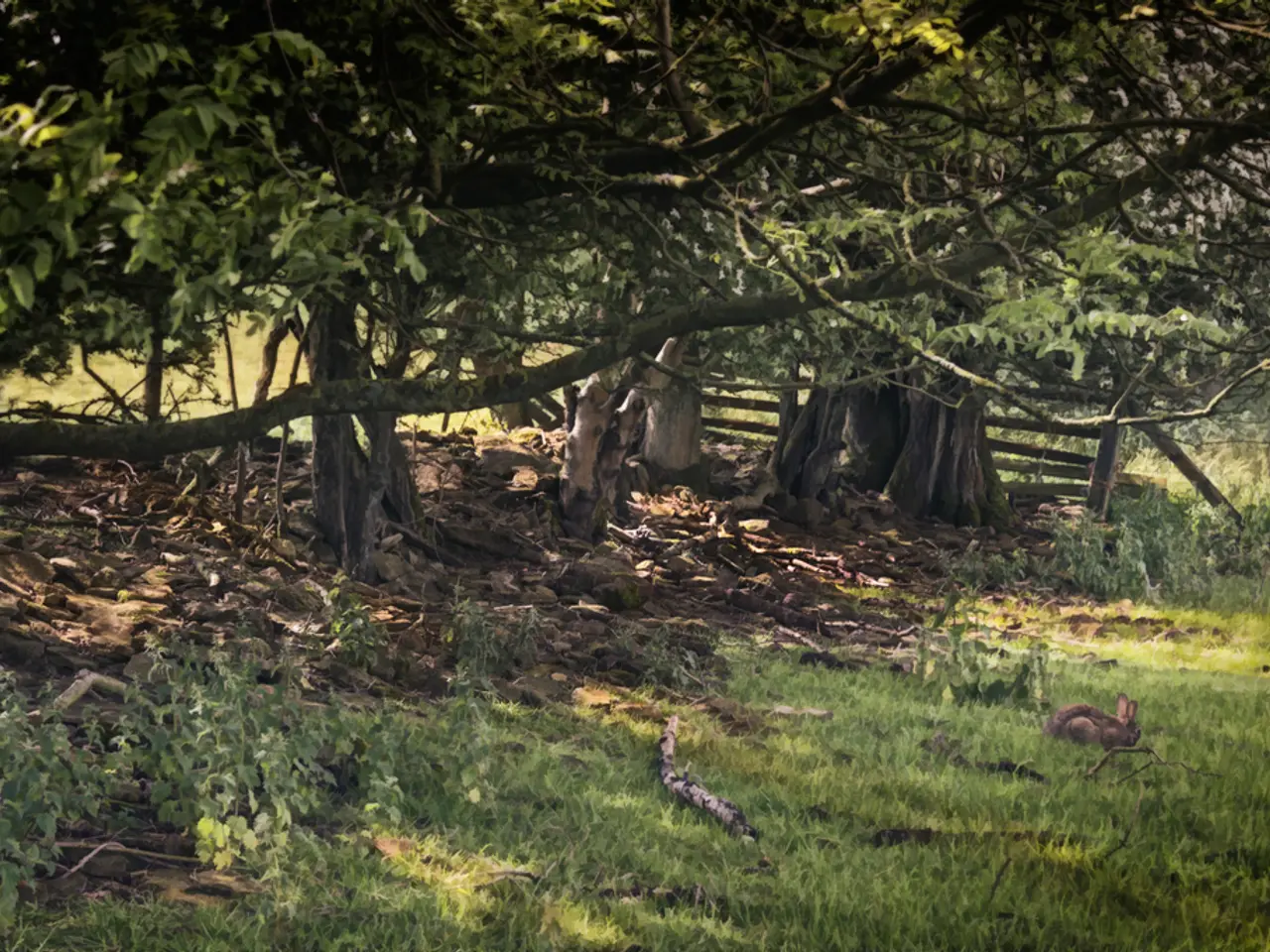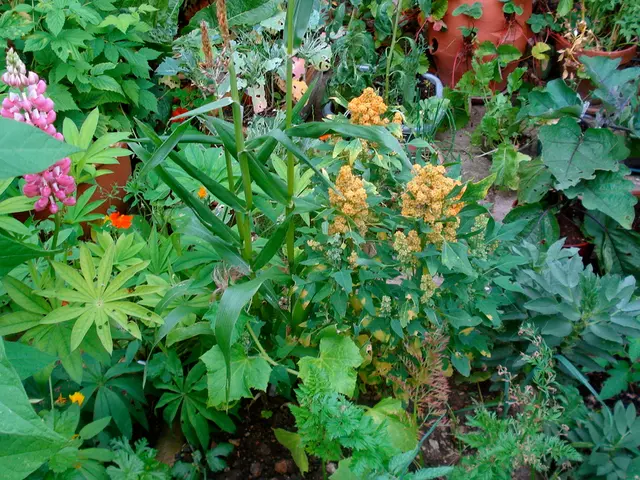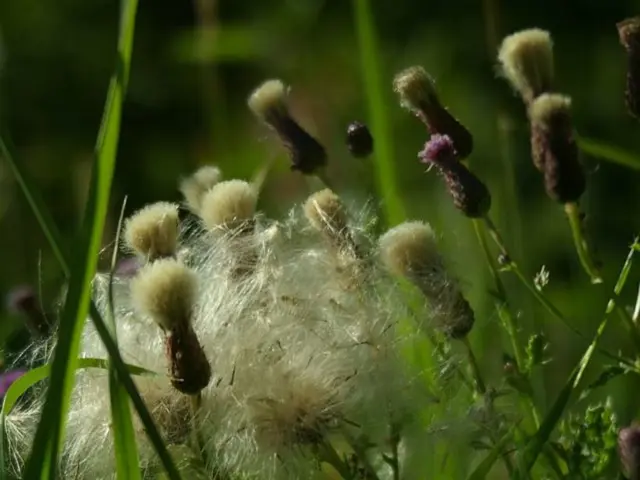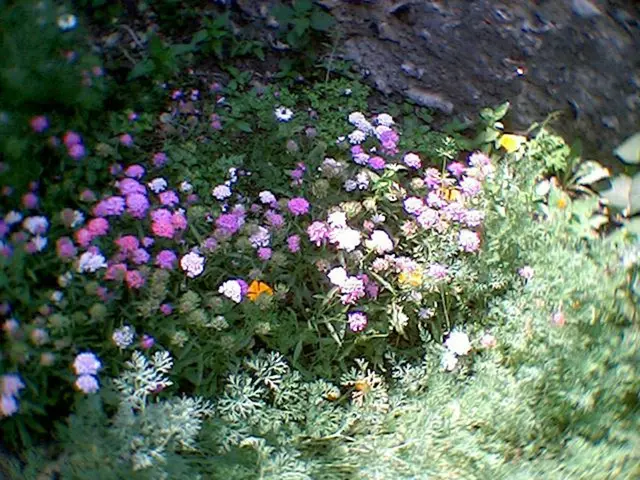Protecting Raised Garden Beds during Winter: Methods for Shielding Your Elevated Growths from Winter's Frost
**Preparing Your Raised Garden Beds for Winter: A Comprehensive Guide**
As the chill of autumn sets in, it's time to prepare your raised garden beds for the winter months. By following these essential steps, you can ensure your beds remain healthy and productive when spring arrives.
**Tidying Plant Debris**
The first order of business is to remove all dead plants, spent crops, and any plant debris from the beds. This helps prevent pests and diseases from overwintering in the debris, keeping your beds healthier for spring. After clearing away the debris, smooth over the soil.
**Conditioning the Soil**
To enrich the soil, add a layer of compost or well-aged organic matter. Avoid using fresh manure, as it can be too strong for winter. Lightly till or turn the soil to incorporate the compost and aerate the bed. This promotes beneficial microbial activity during the dormant season.
If time allows, consider planting a cover crop (green manure) like winter wheat or rye. These plants protect the soil from erosion and add nutrients for the next growing season.
**Covering Beds for Protection**
To protect your raised beds, use a high-quality mulch such as straw, shredded leaves, or wood chips. Mulch acts as insulation, moderating soil temperature and moisture levels through winter.
If you want to protect perennials or extend the growing season of hardy crops, consider using row covers, frost blankets, or cold frames. Make sure these covers are secure to withstand wind and protect against harsh weather.
While a frost cloth, blanket, or cotton sheet is a better alternative for covering raised beds, plastic sheets should be avoided. Plastic can collect colder air near the plants, which is not ideal.
By completing these steps, your raised beds will be well-protected through winter and ready for a healthy start in spring. Proper tidying reduces disease risk, soil conditioning enhances fertility and structure, and covering provides insulation and moisture retention.
Remember, removing weeds before winter is crucial to prevent pests or disease. Raised beds are solutions for poor drainage and soil issues. While wood chip mulch is not ideal for raised bed winter mulch, as it doesn't break down readily, it can be used later in the season.
Diseased plant material should be destroyed and not added to compost. By following these guidelines, you'll be well on your way to a successful winterization of your raised garden beds.
After tidying the bed by removing dead plants, spent crops, and plant debris, consider adding a layer of compost or well-aged organic matter to enrich the soil for home-and-garden projects such as gardening in the spring. To protect your raised beds from harsh winter conditions, use a high-quality mulch like straw, shredded leaves, or wood chips, which act as insulation and moderate soil temperature and moisture levels.








